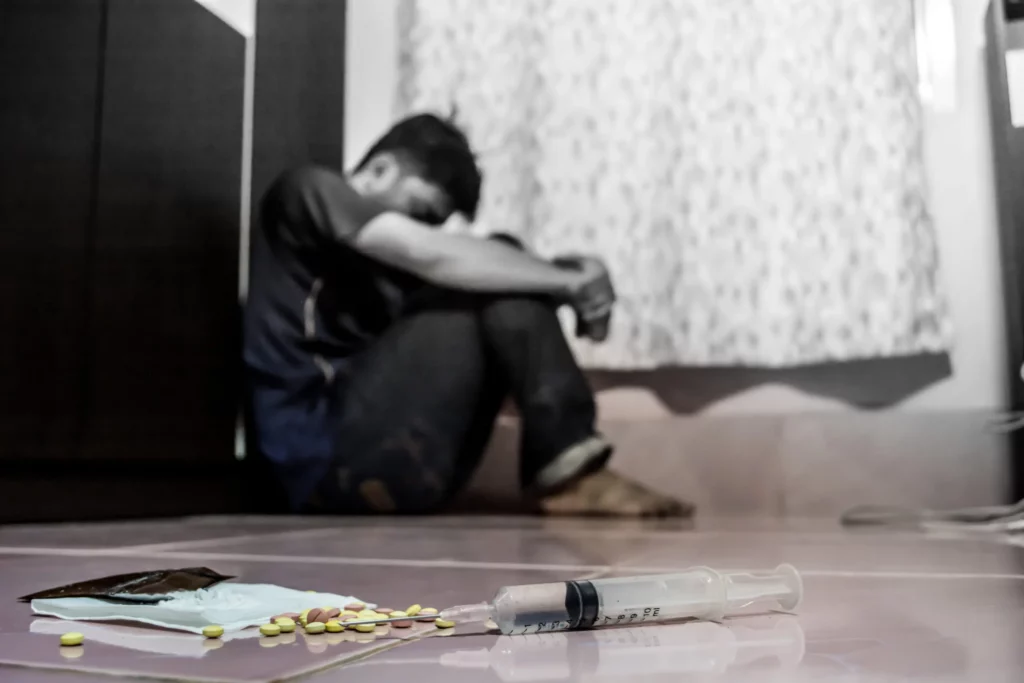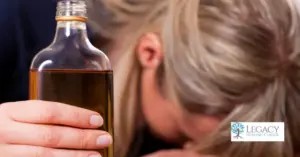
Philadelphia Drug Rehab
What Is Drug Rehab Like?
The experience of drug rehab can vary from patient to patient and from facility to facility. However, the usual process when you enter a Philadelphia drug rehab program is as follows:
- Intake: you will have an initial medical examination, psychological screening, addiction evaluation, and an interview that will help determine which program will work best to meet your recovery goals, help you regain your health, and best help you with your addiction.
- Developing a treatment plan: the addictions specialists will work with you to develop a comprehensive treatment plan that will address all the areas of help you need, from medical detox to where you will stay during rehab to what happens once you’ve completed your program.
- Detox: you will need to complete an entire detox program to move on into rehab with a clear head and be able to truly begin moving toward your drug-free future.
- Inpatient or outpatient rehab: these programs are designed to help you get to the underlying root of your addiction as you heal your body, mind, and spirit through counseling, therapy, groups, physical activity, and recreation. Through these programs, you will learn recovery skills that will last you a lifetime.
- Aftercare: addiction recovery can be a life-long process even for college students, and so many facilities offer an aftercare program with continued psychological and medical support, as well as continued connections to a sober community.
Click here to speak with a treatment specialist today or call us anytime 24/7 at (888) 534-2295
Types of Drug Rehab Programs
There are many different types of Philadelphia drug rehab programs available to you. Depending on your unique situation and addiction, you may pass through all or only a few of these levels of care. The types of Philadelphia drug rehab programs available include:
- Medical Detox and Medication-Assisted Treatment (MAT) Programs
- Dual Diagnosis Treatment
- Inpatient Rehab and Residential Rehab
- Partial Hospitalization Program (PHP)
- Intensive Outpatient Program (IOP)
- Outpatient Rehab
- Court-Ordered Rehab
- Faith-Based Rehab
- Aftercare Programs

How Long Is Rehab?
In general, the industry standard for inpatient rehab is a minimum of 30 days, with continued outpatient and aftercare programs for as long as you need them. Still, the length of time spent in rehab depends on your unique situation, including variables like which drug you are rehabilitating from, how long and how frequently you were using them, and how much you were taking each time. It also depends on your physical and mental health, your history of drug use, and other variables like genetics and underlying conditions.
What Is Drug Detox Like?
Drug detox does not have to be painful or frightening with proper medical care and oversight. In medical detox, a clinical and psychiatric team can work together to provide prescription medications, therapy, and counseling that will get you through this challenging time. The medications will ease drug cravings and help you with feelings of restlessness, pain, and anxiety. Counseling will help you deal with any unwanted thoughts and emotions you may have, and therapy can help you get to the underlying root of your addiction and behaviors. If you have co-occurring mental health issues, a dual diagnosis treatment can also begin during detox. This comprehensive treatment method is the most effective and safest way to detox from drugs and alcohol and provides the best chance of achieving long-term recovery.
Drug Rehab at Legacy Healing Center near Philadelphia
At Legacy Healing Center, our Philadephia drug rehab program is recommended for anybody with physical or psychological drug addiction. We not only provide the option for medical detox but through our comprehensive outpatient and inpatient rehab programs, we can offer each of our patients the customized care they need to best succeed in meeting their recovery goals long-term.
We also offer a high level of support in our aftercare programs, and there is no “end date” to your time with us. You can always return if you run into a bump in the road in the future. Call us at 888.534.2295 today to get started or learn more about Philadelphia drug rehab options. We are only a phone call away.





 Verify Insurance
Verify Insurance 